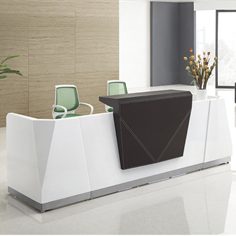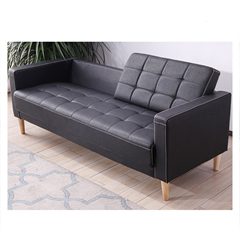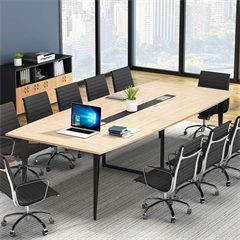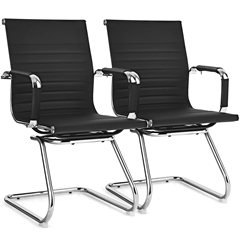Introduction: Employee productivity is a crucial factor in the success of any organization. Surprisingly, the design of office chairs can have a significant impact on employee productivity. In this blog, we will explore how office chair design influences productivity and how employers can make informed choices to enhance workplace efficiency.
- Comfort Equals Focus: Comfortable office chairs encourage employees to stay focused and engaged in their tasks. By minimizing discomfort and distractions, employees can devote more energy to their work, resulting in increased productivity.
- Ergonomics and Task Performance: Ergonomically designed chairs support good posture and reduce physical strain during prolonged sitting. When employees are free from discomfort and pain, they can concentrate on their work more effectively, leading to improved task performance.
- Reducing Fatigue: Office chairs that offer adequate lumbar support and cushioning help reduce fatigue, especially during long work sessions. Employees are less likely to experience mental exhaustion, resulting in sustained productivity throughout the day.
- Promoting Movement: Dynamic office chair designs, such as those with swivel or tilt functions, encourage gentle movement while seated. These subtle movements stimulate blood flow and prevent stiffness, helping employees stay alert and attentive.
- Collaboration and Interaction: Office chairs designed for collaboration and team activities can enhance productivity during group discussions and brainstorming sessions. Chairs with flexible configurations and mobility enable seamless communication and idea sharing.
- Customization and Personalization: Personalizing office chairs to suit individual preferences can boost morale and productivity. Allowing employees to adjust seat height, lumbar support, and armrests to their liking ensures maximum comfort and productivity during work hours.
- Mood and Aesthetics: The aesthetics of office chairs can impact employee mood and overall satisfaction with their work environment. Choosing chairs that align with the office decor and company culture can create a positive atmosphere, fostering a sense of pride and motivation.
Conclusion: The design of office chairs plays a critical role in influencing employee productivity. Employers who prioritize comfort, ergonomics, and customization when selecting office chairs can expect to see a positive impact on their workforce’s efficiency and overall performance.













